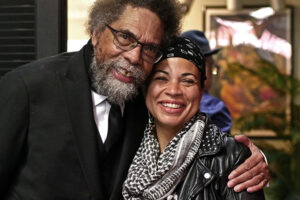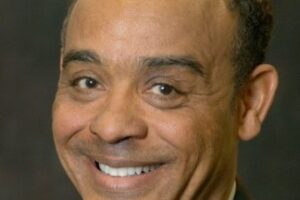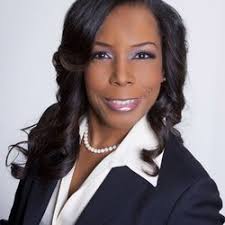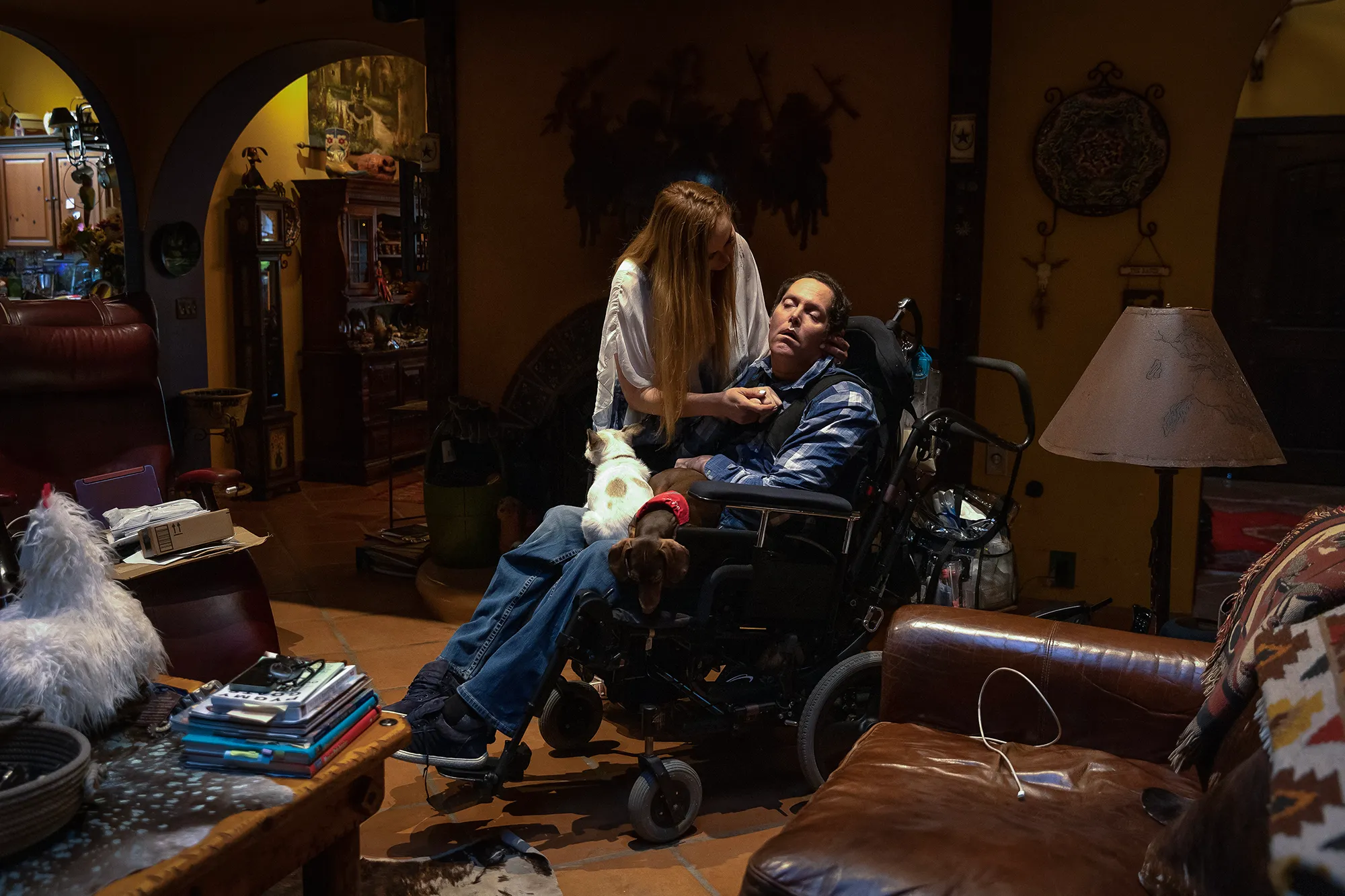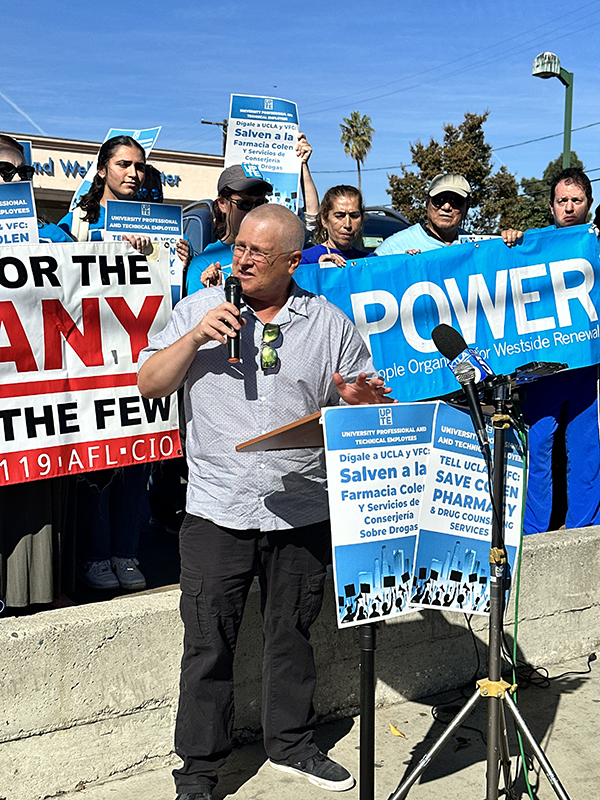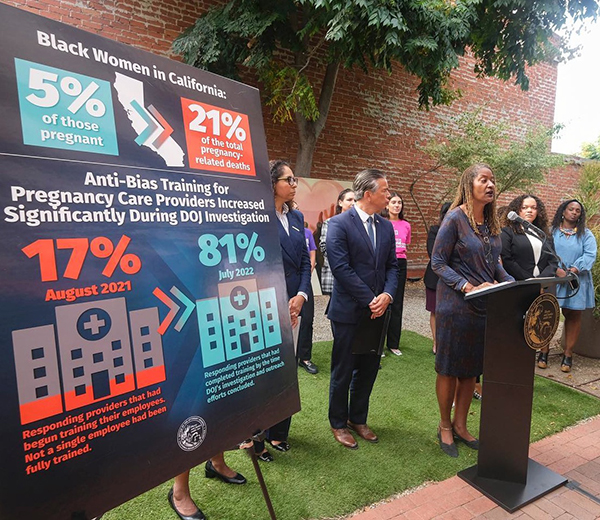By Darlene Donloe
Contributing Writer
CRENSHAW — Ever since Los Angeles was hit hard with COVID-19, Loren M. Hill, a licensed clinical psychologist in the Crenshaw District, said the mental health of children and adults alike has taken a toll.
Unlike some businesses that have been devastated due to the virus, Hill, who specializes in neurodevelopment psychology, has seen her company, The Acclivity, flourish in Crenshaw Square.
While a lot of her business has to do with diagnosing things that happen early in life in areas that include intellectual disability, autism, attention deficit and hyperactivity disorder, and other learning disabilities, since COVID-19 started ravaging the city, she has seen a substantial increase in her mental health clientele.
Her business was able to prosper after California allowed mental health providers to offer telehealth sessions which, until recently, was only available to medical doctors, according to Hill.
“Mental health providers had been trying to do teletherapy for quite some time,” Hill said. “Then when the pandemic hit, people were clamoring for mental health services. Once it was approved, we saw a huge increase in inquiries for therapy.”
Hill, 54, said when the pandemic hit, people became worried and stressed.
“When the governor and the insurance panels approved telehealth, we saw an increase,” said Hill, who has a doctorate from Fielding Graduate University. “We got people as a direct result of the stress and the issues they were experiencing related to the pandemic. Others were just glad to see a therapist by phone.
“We didn’t just hit a peak, we went over. We had a number of calls. Quite a few mental health providers I know, in particular therapists and psychologists of color, are all full. They even have waiting lists. The need is great and the number of professionals who are available to assist is not enough.”
Hill admits that conducting telehealth therapy can sometimes be difficult.
“Before there was privacy and we all understood what that meant,” she said. “Now, we’re doing therapy from home, where the kids may walk by, or the husband or wife may be there. Privacy looks different now. How do you create a safe space and boundaries when it’s all blurry?”
A certified autism specialist, Hill said people were seeking help because they were worried about getting the virus, depression, anxiety, being isolated at home, worried about their children, unemployment, racism, injustice, eviction and more.
She said the other side is people who have lost loved ones.
“Early on there were some who didn’t know exactly what their loved one passed from,” she said. “They are left to wonder was it COVID. There is that uncertainty. There’s grief, loss, and stress. Another part of it is everybody is home and now it has become a routine.
“It’s one thing when we thought it was going to be temporary. This is now the norm. The World Health Organization said ‘There is no health without mental health. That is true.”
Hill said most people don’t really think about their mental health.
“We have to take care of our mental health,” she said. “We are all touched in some way by the pandemic, which exacerbated things.”
Hill said Californians are fortunate to be able to drive to the mountains, desert, beaches, parks, and other green spaces.
“If you aren’t able to do that, it has to impact your wellbeing,” she said. “The looming question is, when is this all going to end? That’s what people are pondering.”
Hill, who studied counseling psychology at Antioch University, said “the political craziness, the blaming, and the pandemic,” would stress even the calmest person.
“As a mental health provider and specialist, the thing I would impart to people is that this is a time, to the degree you can, to go inward,” Hill said. “Do some deep breathing. Take a longer bath. Shower with a fragrance — something that would engage your senses and help you get centered.
“Some practical things you can fall back on that you can control — the centering yourself, getting scented lotion and essential oil — those things get your senses going. When you go out, look upward to the sky. We often look down. That pulls your posture down.”
To help with stress, Hill encourages everyone to think of five things they are grateful for before they go to bed at night.
“It may not be easy, but I assure you there are five things we can be grateful for,” she said. “Being alive, your sight, you can walk. Being grateful for what you are able to do. Gratitude will help shift your mindset.”
The kinds of individuals seeking mental health therapy run the gamut.
Hill gets a good mix. Some are young, old, middle age, blue-collar, and professional. There are more women than men.
“People may not be familiar with testing and assessment,” Hill said. “We do a cognitive assessment, adaptive skill assessments, and a host of other things. When coming for neurodevelopment assessment, some are bringing in their youngsters. I even see 2 year olds.”
The question surrounding whether remote learning is causing a mental health crisis among teens and children is not lost on Hill.
“I would put my money on kids all the time,” said Hill, who spent 25 years in academia and is currently an academic career coach. “They are so resilient. Is staying remote optimal? No, but given the options, we have to make those decisions for ourselves and our community.
“What can we do to fill the gap? Engage them in something different. They will be OK. We are all going through this together. I can only hope and think this current year will be better.”
Whether people are aware of it or not, according to Hill, COVID-19 has had a physical and psychological effect on everyone.
“It’s mainly stress,” said Hill, a former administrator and department chair at the Chicago School of Professional Psychology. “Stress impacts us physically and mentally. Often times one may say, ‘I’m doing all right.’ But if you take that person’s blood pressure, it is super high. How are they sleeping? What are they eating? There are a lot of factors to consider.”
As a clinician, Hill said her profession is trying to figure out strategies to support people.
She foresees residual effects after COVID-19 is under control.
“Yes, there will be residual effects because people have died,” Hill said. “Our loved ones have died, our community looks different, businesses have closed. The economy will take time to recover. Jobs were lost. Where are those folks going to find jobs? We will be post-pandemic, then what happens? We won’t know for sure until it happens.”
Asked how she personally copes, Hill said she and her colleagues check in with each other.
“We network a lot and refer clients to each other,” she said. “There aren’t a whole lot of us. We are supportive of each other. We’re a tight-knit group.
“Going through it, we hold each other up. This has been a challenging time. People need us. I signed up for this. I’m happy to be a resource and a face in the community and when they walk through my doors, that’s how I know I’m in the right place.”
Hill said she chose to open her office in the Crenshaw area because she is “an African-American woman who is an African-American clinical psychologist. I wanted to provide services to a community that I’m fond of and I represent.”
Darlene Donloe is a freelance reporter for Wave Newspapers who covers South Los Angeles. She can be reached at ddonloe@gmail.com.

